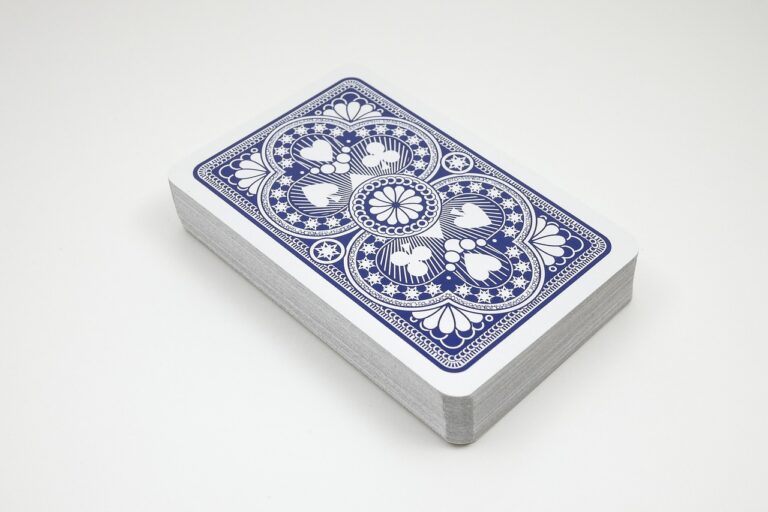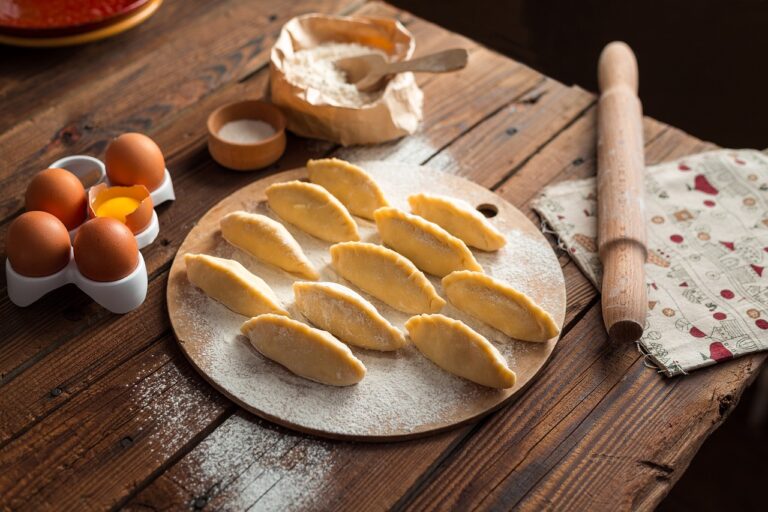- Culinary Arts: Embarking on a Journey of Culinary Excellence
- Introduction
Culinary Arts is a fascinating and fulfilling field that encompasses the artistry, science, and business of preparing and serving delicious food. Whether you aspire to become a renowned chef or simply enhance your home cooking skills, understanding the fundamentals of culinary arts is essential. This comprehensive guide will delve into the various aspects of this exciting profession, providing you with a solid foundation to embark on your culinary journey.
Essential Skills and Knowledge
Mastery of Basic Techniques
- Knife skills: Proper handling and use of knives for chopping, slicing, and dicing
- Heat control: Understanding the effects of different temperatures on ingredients
- Sauteing and pan-frying: Cooking techniques that involve using a pan with a small amount of fat
- Roasting and baking: Dry heat methods used to cook meats, vegetables, and pastries
Knowledge of Ingredients
- Identifying and selecting fresh produce, meats, seafood, and dairy products
- Understanding the flavor profiles, nutritional value, and seasonality of ingredients
- Pairing ingredients to create harmonious dishes
Culinary Careers
Chef
- Leads the kitchen staff and oversees all aspects of food preparation and service
- Develops and executes menus, coordinates staff, and ensures kitchen efficiency
- May specialize in specific cuisines or dietary needs
Sous Chef
- Second-in-command to the chef
- Assists with kitchen management, recipe development, and staff training
- May be responsible for overseeing a specific section of the kitchen
Line Cook
- Cooks specific dishes or stations in the kitchen
- Follows recipes and prepares food according to established standards
- Maintains a clean and organized work area
Cuisines and Specialties
International Cuisine
- Explores flavors and techniques from around the world, such as Italian, French, Japanese, and Mexican
- Provides opportunities to learn about diverse cultures and culinary traditions
Pastry Arts
- Focuses on the preparation of sweet and savory pastries, cakes, breads, and desserts
- Requires precision, creativity, and an understanding of baking science
Molecular Gastronomy
- Combines science and cooking techniques to create innovative dishes with unusual flavors and textures
- Explores the molecular composition of ingredients and their reactions during cooking
Education and Training
Culinary Schools
- Offer programs that range from diplomas to degrees in Culinary Arts
- Provide hands-on training in a professional kitchen environment
- Connect students with industry professionals and potential employers
Apprenticeships
- On-the-job training under the guidance of experienced chefs
- Allows individuals to learn from industry experts and gain practical experience
Online Courses and Workshops
- Provide flexibility and accessibility for those who cannot attend traditional culinary schools
- Offer a range of specialized topics and skill development opportunities
Conclusion
Culinary Arts is a dynamic and rewarding field that offers endless opportunities for personal and professional growth. By mastering essential skills, pursuing a culinary career, exploring different cuisines and specialties, and investing in education and training, aspiring chefs can unlock their culinary potential and create memorable dining experiences for others. Whether you aim to become a world-class culinary artist or simply elevate your cooking abilities, the world of culinary arts is waiting to ignite your passion and nurture your culinary aspirations.

























